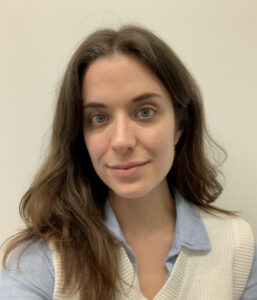Dr. Karli Gillette has been newly appointed as tenure-track Assistant Professor in Biomedical Engineering (BME) Department with a shared appointment in the Scientific Computing and Imaging (SCI) Institute. Her research is centered on the development and application of patient-specific models of cardiac electrophysiology, with the goal of enhancing the treatment and understanding of arrhythmic heart disease. Cardiovascular diseases remain a leading cause of death in the Western world, with arrhythmic heart disease being one of the most common pathways. Current treatment approaches often fail to differentiate between diverse populations or individual patients, leading to limited efficacy and sub-optimal outcomes. To combat the increasing social, economic, and health burdens posed by these non-optimal treatments, there is a critical need for personalized clinical treatments and criteria. Patient-specific models of cardiac electrophysiology represent a promising digital strategy within the realm of precision medicine, offering significant clinical potential. Dr. Gillette’s research aims to transition the field from developing proof-of-concept models with generic electrophysiology to utilizing patient-specific models that account for differences in terms of both anatomy and electrophysiology. By establishing inclusive modeling practices, this work seeks to explore how patient-specific differences may influence the mechanisms of arrhythmic heart disease and how these factors can be integrated to enhance the efficacy of clinical treatments. This research will leverage the unique and ideal research environment at the University of Utah, which spans the clinical, experimental, and modeling domains.

Dr. Karli Gillette
Karli Gillette earned dual undergraduate degrees in Applied Mathematics and Bioengineering from the University of Utah in May 2015. She completed her master’s degree in December 2016 under the supervision of Dr. Rob MacLeod at the SCI Institute at the University of Utah. In December 2021, Karli received her Ph.D. from the University of Graz in Graz, Austria, under the supervision of Dr. Gernot Plank. Her dissertation focused on the automation and functionalization of personalized cardiac models of electrophysiology. Following her Ph.D., she continued her work as a postdoctoral researcher at the Medical University of Graz, where she expanded her personalized models for various clinical and industrial applications.